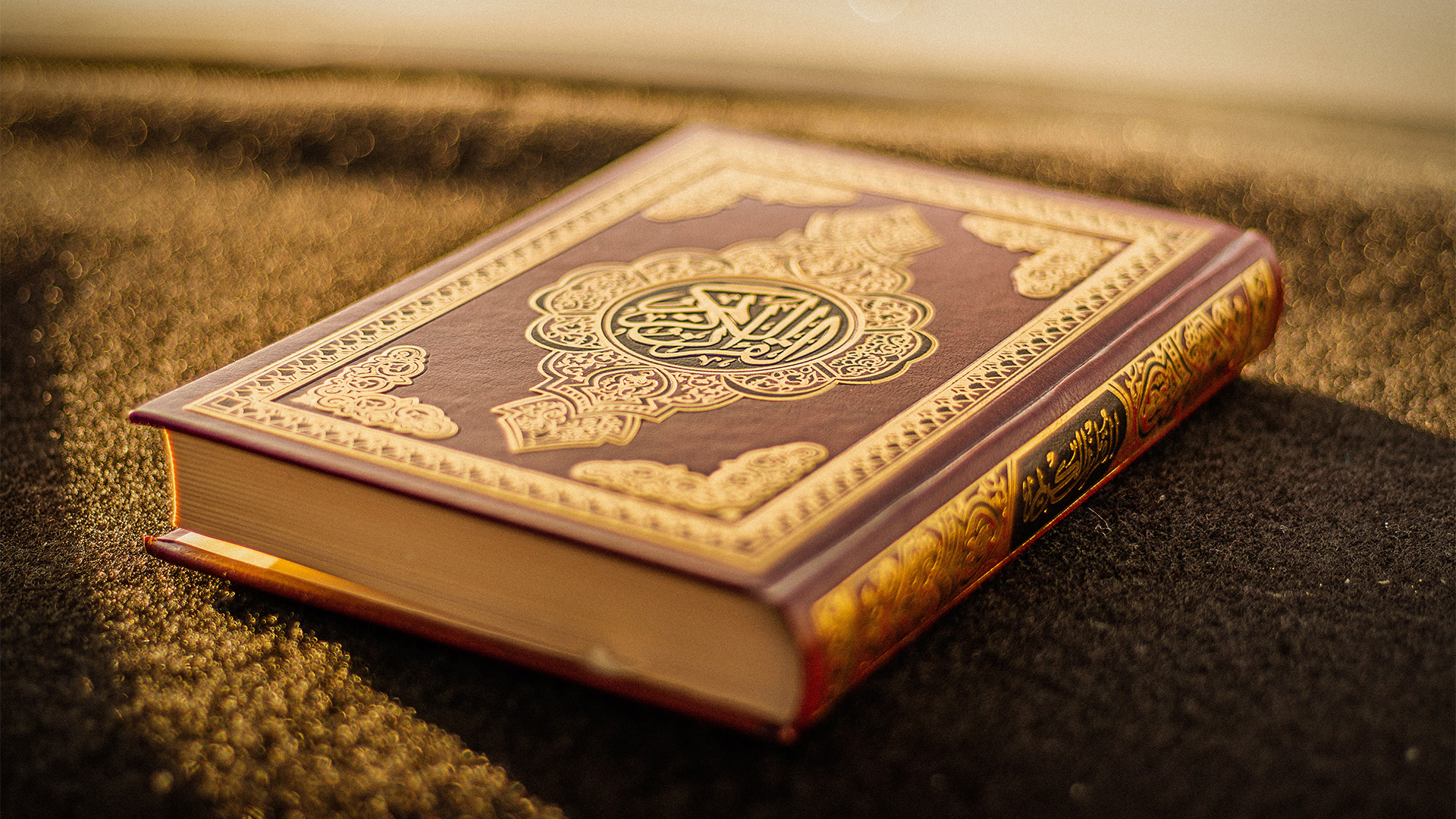The Quran, the holy scripture of Islam, stands as one of the most profound and influential texts in human history. It is revered by over 1.9 billion Muslims worldwide as the ultimate source of divine guidance and wisdom. Rooted in the teachings of the Prophet Muhammad, the Quran has shaped the spiritual, moral, and cultural framework of Islamic civilization for over 1,400 years. Its timeless message transcends geographical and generational boundaries, offering believers a roadmap to live a righteous and fulfilling life.
Regarded as the literal word of God (Allah) as revealed to the Prophet Muhammad through the Angel Jibreel (Gabriel), the Quran is not just a religious text but a comprehensive guide encompassing theology, ethics, law, and personal conduct. Its 114 chapters, known as Surahs, provide answers to life's most profound questions, addressing themes of faith, compassion, justice, and the oneness of God. For Muslims, the Quran is the cornerstone of their daily lives, influencing everything from their prayers and acts of worship to their interpersonal relationships and societal responsibilities.
Beyond its spiritual significance, the Quran is a masterpiece of Arabic literature, renowned for its eloquence, poetic rhythm, and unparalleled linguistic beauty. Scholars and linguists have long marveled at its intricate structure and profound meanings. Whether you are a believer seeking spiritual solace or a curious observer exploring the essence of Islamic teachings, the Quran offers invaluable insights into the heart and soul of Islam.
Table of Contents
- Biography and Revelation of the Quran
- The Quran in Muslim Life and Worship
- Structure and Organization of the Quran
- Language and Linguistic Miracle of the Quran
- Themes and Messages in the Quran
- Role of the Quran in Islamic Law
- Preservation and Compilation of the Quran
- Quranic Recitation and Memorization
- Translations and Interpretations of the Quran
- Scientific References in the Quran
- The Quran and Other Scriptures
- The Quran and Modern Society
- Common Misconceptions About the Quran
- The Quran as a Source of Inspiration
- Frequently Asked Questions About the Quran
Biography and Revelation of the Quran
The Quran, regarded as the word of God, was revealed to the Prophet Muhammad over a period of 23 years. This divine revelation marks a pivotal moment in Islamic history, shaping the spiritual and cultural identity of Muslims. The Quran's revelation began in the year 610 CE, in the Cave of Hira, near Mecca, when the Angel Jibreel appeared to Muhammad with the first verse: "Read in the name of your Lord who created" (Surah Al-'Alaq 96:1). This moment marked the beginning of Muhammad's prophethood and the emergence of Islam as a global faith.
Over the years, the Quran was revealed in fragments, addressing specific events, challenges, and questions faced by the early Muslim community. These revelations were meticulously memorized and recorded by the Prophet's companions, ensuring their accuracy and preservation. The Quran's content reflects its divine origin, providing guidance on faith, worship, morality, and social justice. It emphasizes the oneness of God (Tawheed), the importance of compassion and mercy, and the accountability of human actions in the afterlife.
To provide a clearer understanding of the Quran's revelation, here is a brief table summarizing key details:
| Aspect | Details |
|---|---|
| Revealed To | Prophet Muhammad |
| Language | Classical Arabic |
| Period of Revelation | 610 CE to 632 CE |
| Place of Revelation | Primarily Mecca and Medina |
| Means of Revelation | Angel Jibreel (Gabriel) |
| Total Surahs | 114 |
| Total Verses | Approximately 6,236 |
Each revelation carried a profound message, resonating with the spiritual and social needs of its time while maintaining relevance for future generations. The Quran's revelation process is a testament to its divine origin, inspiring millions to seek its wisdom and guidance in their daily lives.
Article Recommendations
- Cinnanoe
- Discover The Power Of 3041827 The Ultimate Guide
- Amazing Cliff Richard Tshirts Show Your Love For The Music Legend


